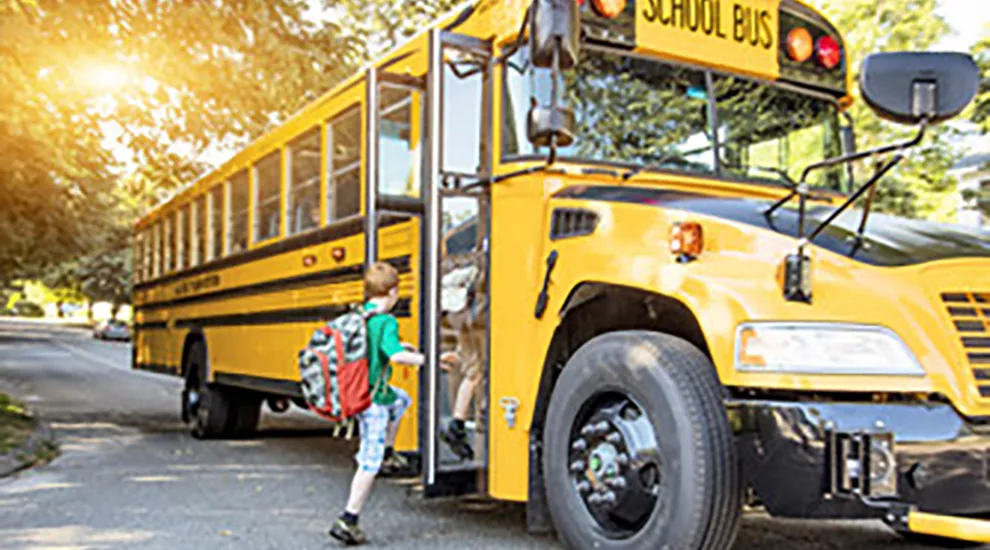
Fuel Shortage Response
In their monthly meeting on June 8, the South Carolina Department of Education reflected on the fuel shortage response of the state following the Colonial Pipeline hack that occurred during the month of May.
The ransomware cyberattack on May 7 of this year that crippled the pipeline, which provides fuel to the southeastern United States, caused gasoline rates to skyrocket in South Carolina, in the face of the fuel shortage.
Superintendent Molly Spearman admitted that there were worries if the school buses in the state would be able to transport students back and forth to school. Spearman received a phone call that the state had enough fuel for one more morning, but after, there was a possibility of shutting down schools.
Forty-two school bus maintenance facilities were notified, contracts were made with Mansfield Petroleum, and six fuel trucks with extra fuel from Savannah, Georgia came, after a series of emergency meetings to discuss the critical situation.
“It was a close call,” Spearman said. “A transfer of fuel was going on while we slept. Not a single bus missed a stop.”
Physical Education Standards
The board unanimously approved the new physical education standards called The South Carolina College-and Career-Ready Standards for Physical Education Proficiency 2021 after two readings of the proposed change.
The new standards reject grade level as a measure of proficiency in physical education and instead propose a three-prong measure of proficiency: novice, intermediate and advanced, which “describes the distinct levels of the demonstrated skills, abilities and knowledge for a student to master,” according to the Department of Education.
The document outlines five individual standards that teachers and school districts are encouraged to define on their terms and practice adaptive physical education, meaning that there is room to modify standards, lessons or equipment “to meet the students’ needs,” rather than requiring the students to “adapt to the standards, lessons, or equipment provided within the context of the physical education environment.”
This is the first time adaptive physical education support levels have been added. They will allow physical education to be more accessible to students with disabilities.
According to Ben Miedema of the SC Department of Education, the adaptive physical education method will allow teachers to “not feel bound by a student's grade/age and provide a more well-rounded, differentiated experience based on a student's current level of performance, which will look different for each student.”
Typically, in physical education, a one-size-fits-all model is implemented when the standards are based on grade-level indicators.
“Often, students get left behind when they do not meet the grade-level standards, which snowballs as they progress through school,” Miedema said. “Teachers should feel less restricted with the new standards concerning grade level and have a sense of independence that allows for multiple means of expression towards a standard.”
The standards for physical education are reviewed and revised on a cyclical basis – every four to seven years, and new standards for physical education are drafted, which is what occurred with these new standards, according to Ryan Brown of the SC Department of Education.
They will start implementation in the state next school year but not fully until 2022-2023.
Literacy Update
In attempts to update the Department of Education on the status of literacy updates, 73 academic recovery plans from almost every district have been evaluated.
They are evaluated based on their goals and defined specific strategies to meet those goals, interventions based on evidence from multiple approved sources, a clear timeline to achieve the plan, and a funding plan.
Clarendon County School District
Clarendon School District One will consolidate with districts Two and Three on July 1, 2021, due to the cash deficit the county is experiencing. The county has decided not to fill vacant positions, apply a spending freeze, and is in the process of a financial audit.

